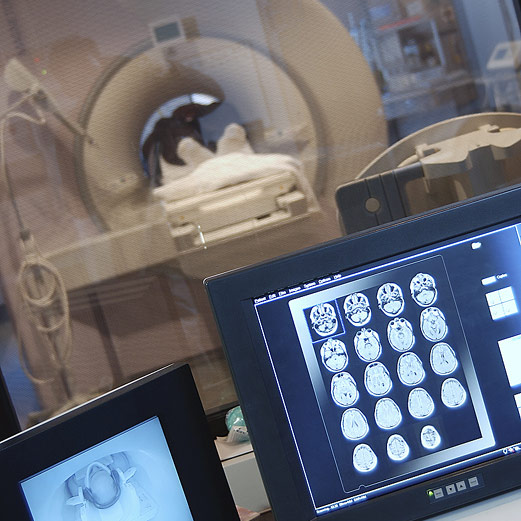
Here are some of the latest health and medical news developments, compiled by the editors of HealthDay:
SafeSpout and SafeShower Water Filtration Products Recalled
At least one death has been linked to recalled SafeSpout and SafeShower water filtration products made by Nephros Inc. of New Jersey, the U.S. Food and Drug Administration says.
If the products’ fiber filter breaks or the sealing compound that holds the fiber in place breaks apart, people could be exposed to potentially harmful bacteria or viruses, according to the agency.
So far, the FDA has received reports of one death and one infection associated with the recalled products, which are installed at the end of a standard sink faucet or shower head and are meant to filter water for drinking and washing. They were distributed between October 2011 and September 2013.
Nephros issued recall letters on Oct. 28, 2013, asking customers to remove and return filters from the products. For more information, contact the company at 1-201-343-5202, extension 100, between 9:30 a.m. to 5 p.m. ET, Monday through Friday, the FDA said.
—–
Government Oversight Lacking in Switch to Electronic Health Records: Report
The U.S. government is encouraging doctors and hospitals to use electronic health records, but has not implemented measures to prevent the technology from being used to inflate costs and overcharge, according to a report released Wednesday by the Office of the Inspector General for the Health and Human Services Department.
The federal government is spending more than $22 billion to promote adoption of electronic health records, but has “directed less attention to addressing potential fraud and abuse,” according to the report, The New York Times said.
The report noted that Medicare has not made changes to the way it attempts to detect fraud and has provided contractors “with limited guidance.”
This is the second report in two months revealing problems in the oversight of the federal government’s program to get doctors and hospitals to convert patient records from paper to electronic, The Times said.
—–
Meals at Full-Service Restaurants High in Calories and Salt: Study
Adult meals at full-service restaurant chains are extremely high in calories and salt, a new study says.
Researchers analyzed menus from 21 full-service restaurant chain outlets in Philadelphia, including Dennys, Pizza Hut, Red Lobster, Olive Garden and Perkins. Adult meals averaged 1,500 calories, or 75 percent to 100 percent of a person’s calories for an entire day, CBS News reported.
The meals also had an average of 3,510 milligrams of sodium, which exceeds daily recommended levels by 153 percent, according to the study in the Journal of Nutrition Education and Behavior.
The researchers noted that a plan was put in place to reduce salt in processed and restaurant foods by 25 percent by 2014.
“However, current sodium levels at full-service restaurants are so high that even after a reduction of 25 per cent, mean sodium in a la carte entrees would still be about 1,300 milligrams,” wrote Amy Auchincloss of the Drexel University School of Public Health and her colleagues, CBS News reported.
—–
Weight-Loss Product Makers Penalized by FTC
Fines and other penalties have been handed out to four companies that used deceptive advertising claims to sell weight-loss products, the U.S. Federal Trade Commission said Tuesday.
The marketers of Sensa, a weight-loss product sprinkled on food, will pay $26.5 million to settle FTC charges that the company made unfounded weight-loss claims and used misleading endorsements. The product was sold by retail chains such as GNC and Costco, on the Home Shopping Network, and on the Internet, USA Today reported.
L’Occitane Inc. was hit with a $450,000 penalty for claims that its Almond Beautiful Shape and Almond Shaping Delight skin creams could reduce body size and were clinically proven, even though there was no scientific evidence.
The FTC also said that LeanSpa principal Boris Mizhen and three companies he controls will hand over cash, real estate and personal property worth an estimated $7 million in a partial settlement over fake news websites of acai berry and “colon cleanse” weight-loss supplements. His wife, Angelina Strano, will hand over nearly $300,000, USA Today reported.
The fourth company is Arizona-based HCG Diet Direct, which marketed an “unproven human hormone that has been touted by hucksters for more than half a century as a weight-loss treatment,” the FTC said.
The agency said the company sold liquid drops containing a diluted form of human chorionic gonadotropin, a hormone produced by the human placenta. However, HCG Diet Direct had its $3.2 million judgment suspended because of its inability to pay, USA Today reported.
Copyright © 2026 HealthDay. All rights reserved.

